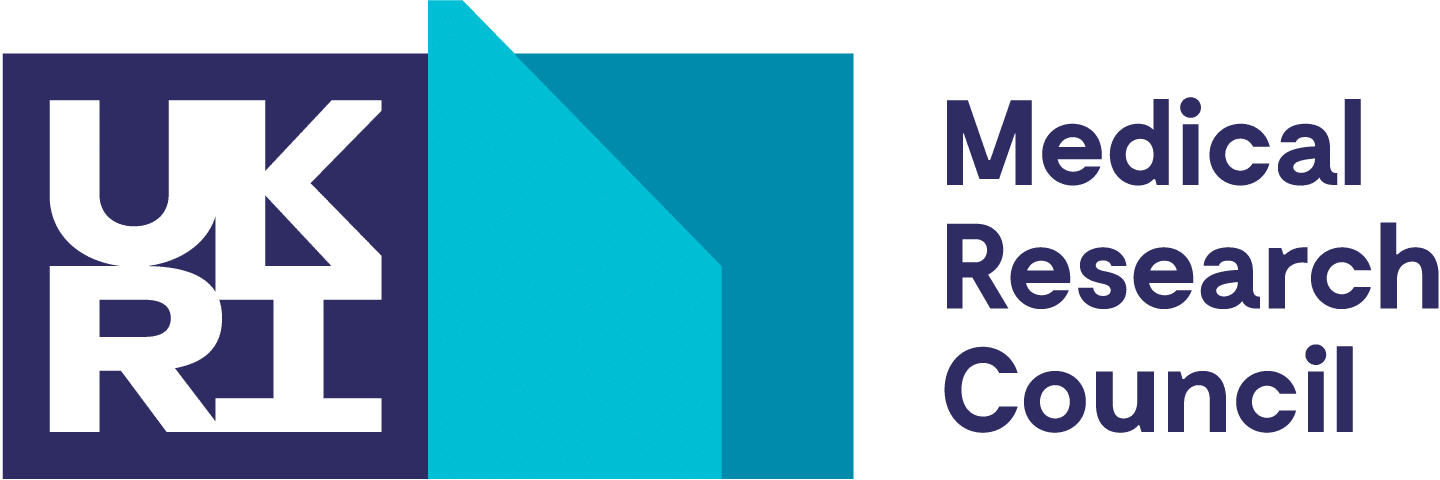Home > About Us > Our background > Cell behaviour, differentiation and manufacturing > PSCP Workshops
PSCP held the first in a four-part series of scientific workshops in areas relevant to its work at Kenwood Hall, Sheffield in January 2015. The Science-based Assessment of Source Materials for Cell Based Medicines workshop was jointly organised by the Safety Hub and it brought together leaders in hPSC biology, clinical translation, bio-manufacturing and regulatory issues to define requirements for source materials for the production of hPSC-derived therapies particularly from the perspective of product safety.
Topics for discussion included current regulatory and other guidance on raw and starting materials – an important update for the community, safety issues in bio-manufacturing, interactions between therapeutic cells and their recipient, and characterisation and measurement. The meeting concluded that there are new challenges for these therapies where there are no directly applicable solutions transferable from more conventional products. Consequently robust product characterisation is vital to reveal and scientifically understand the key features of a product that demonstrate its safety and reproducibility and to provide improvements in the measurement of potency. Importantly it was recommended by regulators that manufacturers engage with them in a process from early product development and over the whole of the product life cycle.
A summary of the workshop content and conclusions has been prepared for publication. Once published it will be available here.
Our second workshop on Comparability: Manufacturing, Characterisation and Controls was held at Trinity Hall, Cambridge, September 2015. Comparability – demonstration of product equivalence after a process change – is recognised by key regulatory stakeholders as particularly difficult for cell based medicinal products. The workshop focused on tractable and affordably approaches to addressing this challenge. The workshop brought together regulators, clinicians, developers, suppliers and academics both stem cell science and manufacturing to communicate the issues and to identify where scientific endeavour can be applied to address the most significant to facilitate a change from current “case by case” approaches to the use of more general principles. A Briefing Paper was prepared for the workshop to allow a fast start to discussions on key comparability enablers including the setting of product specifications and their limits, product characterisation and their assays, and reference materials and standards.
The meeting then overview the range of circumstances from minor to major changes that require the establishment of comparability and discuss how risk based approaches, manufacturing controls and appropriate comparability protocols can be used to address the issues raised by these change. Ways of managing affordability of validation is likely to be a recurrent theme, especially for SMEs and academic developers.
A summary of the workshop content and conclusions has been published and is available here.
In November 2016, in conjunction with Plurimes, an EU FP7 project focused on developing mesodermal derivatives of hPSC for applications in regenerative medicine, PSCP hosted its third workshop in the series. “Stem Cells: Culture Conditions and Stability” was held at Madingley Hall, Cambridge, 28-29th November.
The programme brought scientists (from Sweden, Italy, Ukraine and Czech Republic as well as the UK) working on mesenchymal stromal cells and human embryonic stem cells together with developers of new stem cell based therapies, companies in the stem cell field, the UK regulator (MHRA) and its standardisation organisation NIBSC. The discussion sessions addressed some of the key challenges for taking mesenchymal cells and hESC lines forward to cell therapies, including maintenance of pluripotency in vitro and cell therapy manufacturing issues including selection of raw materials and process development for compliance with regulation. A drafting group of young scientists, session chairpersons and the workshop scientific committee captured the discussion of these issues and are preparing a meetings proceeding piece for publication.
The final workshop in this series was held in October 2017 at the St Pauls Mercure Hotel in Sheffield. The focus was on the “Significance of Genetic Variants for the Use of Pluripotent Stem Cells in Regenerative Medicine”. This meeting was held in conjunction with the International Stem Cell Initiative (ISCI) and was a follow up to our joint meeting held in Bar Harbor in October 2016 at the Jackson Laboratory (see outputs).
The overall goal of the meeting was to establish the need and feasibility for setting up an ‘International Expert Group’ to collate and monitor the genetic and epigenetic variants that arise during the culture of human Pluripotent Stem Cells (hPSC) and to provide a framework to facilitate risk assessment for clinical applications of derivatives of these cells. Participants included representatives from several public funding agencies, including the MRC (UK), NIH (USA), AMED (Japan) and CIRM (California), regulators from the FDA and MHRA , academic experts and product developers (both academic and industrial).
For further details contact the PSCP Project Manager.







